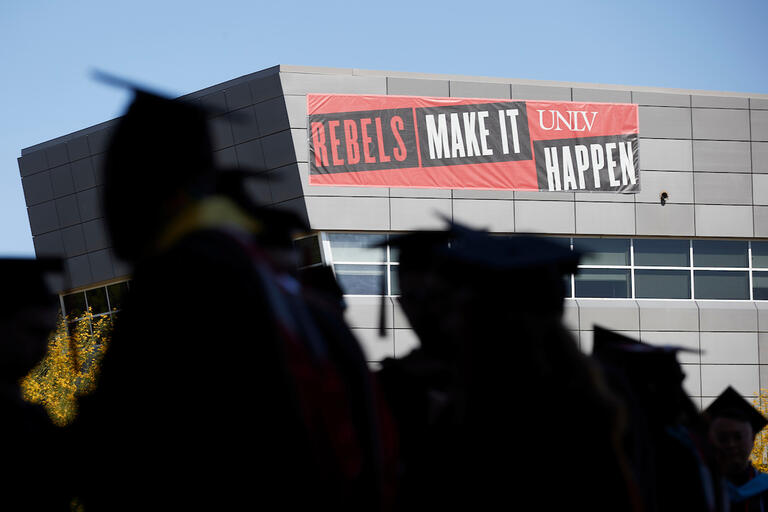David Kreamer
Biography
David K. Kreamer is a hydrologist within UNLV's Department of Geoscience who has expertise in topics surrounding water resources, climate change, and pollution.
Kreamer's research includes environmental contamination, spring sustainability in national parks and on public lands, clean water supply in developing nations, radioactive waste disposal, water quality and quantity improvement, groundwater hydrology, landfills, water and international security, and monitoring well design.
His work has been published in more than three dozen journals. Additionally, Kreamer has delivered over 150 invited lectures and keynote speeches around the world. They include testimony before the U.S. Congress and the U.S. Nuclear Regulatory Commission on water quality issues associated with uranium mining; lectures for the U.S. Environmental Protection Agency and U.S. Bureau of Land Management; and a March 2021 address before the United Nations General Assembly on world water challenges.
Kreamer is currently president of the International Association of Hydrogeologists. He is a former president of the Universities Council on Water Resources and past member of the National Ground Water Association's board of directors.
Education
- Ph.D., Hydrology, University of Arizona
- M.S., Hydrology, University of Arizona
- B.S., Microbiology, University of Arizona
Related Links
David Kreamer In The News
Articles Featuring David Kreamer

UNLV Newsmakers 2025: August
The top news stories starring university students and staff.

UNLV Newsmakers 2024: October
A monthly roundup of the top news stories at UNLV, featuring the presidential election, gaming partnerships, and much more.

UNLV Newsmakers 2024: August
A collection of news highlights featuring students and faculty.

UNLV Newsmakers 2022: May
A collection of news stories highlighting the experts and student changemakers at UNLV.